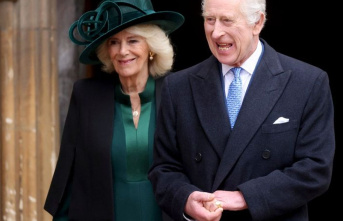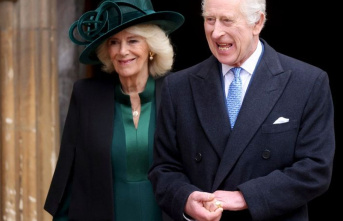Terrell Osborne is well-aware of what happens when urban renewal takes place in communities of color.
Growing up in Providence, Rhode Island in the 1950s and 60s, large swathes of Lippitt Hill, his neighborhood, was a hub of Black life, at the foot of the elite East Side homes.
Bulldozers destroyed hundreds of Black families, as well as dozens of small minority businesses on 30 acres. They were replaced by an apartment complex that caters to downtown workers, students and faculty from Brown University. A shopping plaza is now anchored by Whole Foods and Starbucks.
During this time, Black families such as the Osbornes were dispersed throughout the city and never paid.
"We had stores. People owned stuff. Osborne, who lives in Providence's South Side, said that money was always circulating. "There was a whole neighborhood there and they just took it and we never received anything." "Not even a thank-you."
Providence is preparing to pay reparations to Black residents in the wake of centuries of injustices. However, officials from the city are also looking beyond its leading role in colonial transatlantic slave trade.
They are seeking to atone for the damage done during the urban renewal efforts in the late 20th Century. This period saw Black and Native American communities like Lippitt Hill destroyed to make way to new residential and commercial developments. These developments paved the way to the modern city's economy, which is anchored around its hospitals and universities.
This approach is based on the Evanston blueprint, a Chicago suburb which was the first to start paying reparations last January with a program that provided grants to Black residents for home repairs and mortgage payments. It was an acknowledgement of the discrimination Black people suffered when they tried to purchase homes.
Justin Hansford, a Howard University law professor, is the leader of the African American Redress Network which tracks reparations efforts across the country. He believes that communities can make progress on modern-day wrongs and help overcome resistance to reparations.
As federal efforts have failed, local cities and towns, colleges and states are taking up reparations. Harvard University announced last week that it will spend $100 million to pay reparations for slavery ties. California is leading the charge in establishing a state-wide task force for reparations.
Raymond Watson (one of Providence's newly formed reparations commission members), said that "we know it's a losing conversation" to discuss slavery in 1600s. Watson is a member of Providence. Watson's family has lived in Lippitt Hill for a long time. "But, we also know that we don't need to go back as far. We are familiar with the history of urban renewal and can see the current state of gentrification. This is just an extension of what has been going on for centuries.
Providence is also looking to use $15 million of federal COVID-19 funds to help jump-start the reparations work. This is something that other city leaders have done in recent years.
Athens Mayor Kelly Girtz claims that his budget would use pandemic relief money for a housing fund for Black residents, similar to Evanston's. Athens seeks to atone, just like Providence, for the destruction of Linnentown, a Black neighborhood, to make way to University of Georgia dormitories in the 1960s and parking lots.
Providence's discriminatory history has left many communities of color much poorer than their white counterparts. The median household income for the East Side, which is dominated by whites, is almost $180,000 per year. This compares to the $19,000 earned in Providence's predominantly black and Latino South Side.
Lippitt Hill families were not compensated, but they were given priority to claim a unit in University Heights' new residential development. The modern apartments were however financially impossible for many.
Cheryl Taylor, whose family had to relocate and close their repair shop on Lippitt Hill in order to make room for another development, hopes that the reparations process will help Black residents buy their own homes. Those who live nearby, like Taylor, are renting in an increasingly expensive part of town.
They are all white. Taylor admits that he doesn't know the newer residents of the area.
Osborne wonders, looking back, if Osborne's destruction of his neighborhood was an attempt to diminish the city's growing power among Black residents.
Osborne's family belonged to a group of upwardly mobile, working-class Black families on the hillside that divides the East Side and downtown.
Clarence "Legs", Osborne was Clarence's grandfather and a trumpeter who performed with Duke Ellington, Count Basie, and other Black musicians. Jeffrey Osborne, his uncle, was a Grammy-nominated R&B artist with a string of hits, including "On The Wings of Love."
Osborne is the head of a Providence-based organization that offers musical opportunities for youths. He would like to see the city create a college scholarship fund, or programs to help Black residents gain equity.
"The problem with reparations is always where to start. He said, "Why not start with something tangible?" "We're here. We are not in the past and know that something should have been done then. Perhaps now is the right time."












